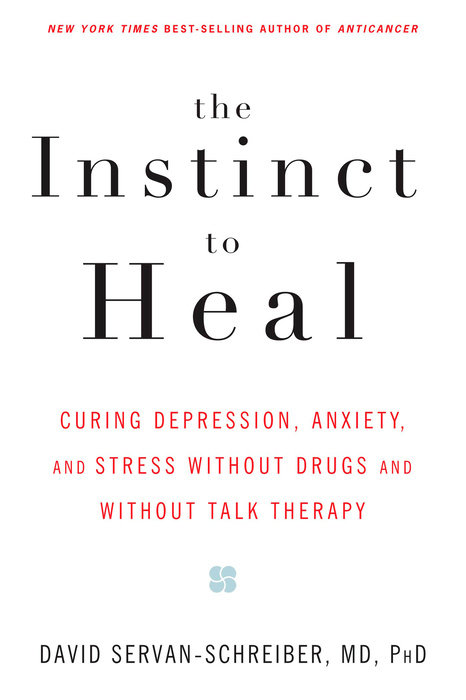An Introduction to Naturopathy and Functional Medicine
Are you looking for a doctor who treats you as a whole person, focuses in on and understands your health issues and goals, and addresses the root causes of your symptoms? If so, you may have run across naturopathic doctors or functional medicine doctors in your search for the right fit for you.
Naturopathic Medicine and Functional Medicine have many similarities as well as many differences. Both systems focus on an individualized, patient-centered approach, identify and address underlying causes of disease and symptoms, and use targeted therapeutic interventions. While approaches to care are largely congruent, one major difference between the two is that in most U.S. states and jurisdictions, Naturopathic Medicine is a licensed health profession and Functional Medicine is not. This is because Functional Medicine has its roots in Naturopathic Medicine.
Naturopathic Medicine arose in the late 1880s by what were then called eclectic practitioners. These were people trained in diet, herbal medicines, physical therapy, hydrotherapy, and many other so-called “nature cures.” The profession became very popular and soon colleges were founded. Many states licensed naturopaths through the early twentieth century; some states today date licensing of naturopathic doctors (NDs) continuously since the early 1920s. Currently there are seven accredited naturopathic colleges and universities in North America and twenty-five licensed states. The profession is growing rapidly and has been described as “tilting heavily toward the mainstream of health care.”
There are six basic principles of naturopathic medical practice:
- Recognize the Healing Power of Nature
- Identify and Treat the Causes
- First Do No Harm
- Doctor as Teacher
- Treat the Whole Person
- Prevention
Naturopathic practice includes the following diagnostic and therapeutic modalities:
- clinical and laboratory diagnostic testing
- nutritional medicine
- botanical medicine
- naturopathic physical medicine (including naturopathic manipulative therapy)
- public health measures
- hygiene
- counseling
- minor surgery
- homeopathy
- acupuncture
- prescription medication
- intravenous and injection therapy
- naturopathic obstetrics (natural childbirth)
No matter what tools the ND uses in their practice, it is the model and philosophy underlying their use that really defines naturopathic practice.
This health care model has become more and more sought after and accepted in recent years, and other practitioner types and health care professions have been looking at naturopathic medicine for new and different ways to approach patient care in their own practices.
Bastyr University, an institution that has made great strides in putting Naturopathic Medicine on the health care map, was founded in 1978. It was a vanguard of coming changes globally in health practice and part of its success was that people were ready for change in how they received care. Two health care leaders in the Seattle area at that time were Joseph Pizzorno, ND, president of Bastyr, and Jeff Bland, an expert nutritional biochemist, who was on the Board at Bastyr. In their work together, the seed of an idea emerged on how to take principles and practices used in Naturopathic Medicine to teach and train other health providers to incorporate these into their practices. Dr. Bland coined the term Functional Medicine and is widely regarded as the father of Functional Medicine. He and others, including Dr. Pizzorno, founded the Institute for Functional Medicine, which has trained a wide variety of licensed health care practitioners in this health care model. Today, medical doctors, nutritionists, physical therapists, chiropractors, and other healthcare professionals have been trained in Functional Medicine and utilize this model in their practices.
In summary, Naturopathic Medicine and Functional Medicine utilize similar philosophies and models of whole-person health care, and the Functional Medicine movement has its roots in naturopathic approaches to health. This has made this brand of care available in many health care practices and is a distinctive part of naturopathic education, training, and practice.
About the Author
Carl Hangee-Bauer, ND, LAc, pioneered naturopathic medicine in the state of California. He served as Founding Member and past President of the California Naturopathic Doctors Association (CNDA), and is one of the doctors responsible for licensing naturopathic doctors in the state. He recently served as president of the American Association of Naturopathic Physicians (AANP). His offices are in San Francisco.
You Might Also Like Our Content on These Topics: Functional Medicine, Diet and Nutrition, Inflammation, Healthy Eating, Chiropractic, Physical Therapy












